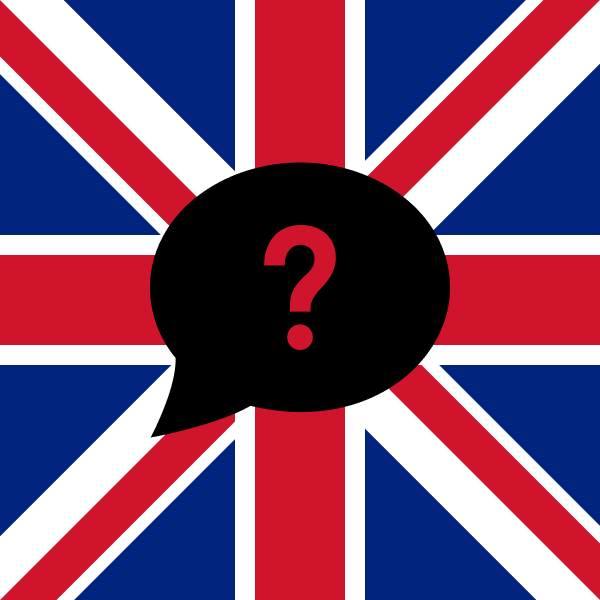

Yeah cause leaving companies and the super rich to self regulate has worked so well.


Yeah cause leaving companies and the super rich to self regulate has worked so well.


Why is your Google calling them zip codes? VPN to the states?


It wouldn’t make it easier to arrange meetings because you’d have no clue if you were arranging the meeting for when people would be at work, have finished for the day, or fast asleep at night.


Pays for Bruce Banner to have therapy and anger management to work through his PTSD and anger issues.


¯\_(ツ)_/¯ it’s not in the public sphere but your private collection, so you do you chap.
In my opinion privately owned art of a high enough cultural value should either not be allowed to be privately owned, or if it is then it should have to be on permanent loan to free admission public galleries. But that’s not the case.


Not this shit again


Oh and it’s called 6th form cos you’re in year 6 of secondary school. Which is also called year 12!
I think it’s a hold over from some time in the past where the year numbers started over again at secondary school, as I understand you’d do your O levels in 5 form, then A levels in 6th.


Is “6th Form” not used as an alternative to College anymore (it was archaic when I went to 6th Form 20 years ago so wouldn’t be surprised if it has bitten the dust)


But you wouldn’t text another iPhone. You’d WhatsApp the person.


American’s don’t have a parliamentary system. The president can exist without the support of the houses. When that happens, like now, what the president can do is severely limited.
That’s the trap the restaurant uses to get out of giving 10% off.


The defendant saying that they did it doesn’t mean that they did. That could be helping the real guilty party get off.


Definitely not. There are the obvious issues with miscarriages of justice but also I think that an eye for an eye justice is archaic.
One of my cats does the same. My assumption is he was taken from the mother cat too young so never learned how to do things properly.
For the smell maybe try grain free food.


Then reinstated quietly after the election (if Tories win)


No it doesn’t seem to be in there. According to the highway code
Many of the rules in the Code are legal requirements, and if you disobey these rules you are committing a criminal offence. You may be fined, given penalty points on your licence or be disqualified from driving. In the most serious cases you may be sent to prison. Such rules are identified by the use of the words ‘MUST/MUST NOT’. In addition, the rule includes an abbreviated reference to the legislation which creates the offence. See an explanation of the abbreviations.
Although failure to comply with the other rules of the Code will not, in itself, cause a person to be prosecuted, The Highway Code may be used in evidence in any court proceedings under the Traffic Acts (see The road user and the law) to establish liability. This includes rules which use advisory wording such as ‘should/should not’ or ‘do/do not’.
No where does it say if an area is named specially as a must not, and another area is named as a should not in the same rule then the should not must be treated as a must not.
Or is there some case law maybe that you’re referring to?


Do you have something to back that up? It seems very odd that London would be named specially as must not then a second clause for the remainder of the country that sounds different. Surely it should either be “you must not park on the pavement” or if there’s some archaic reason that London needs specific wording "you must not park on the pavement in London, and you must not park on the pavement elsewhere "


Fair. It’s hard to know sometimes if someone has English as a first or second language. People can be really technically good, but then not understand more subtle cultural things.
Never know maybe both of our comments will help some people.


It’s common in English to refer to a collective like a company or government as though it were an individual. I think it’s just a simple short hand really.
Eg “The whitehouse said today…” We know that the whitehouse (a building) doesn’t have the power of speech and that really means “a whitehouse spokesperson working in an official capacity on behalf of the government said today”.
Really the headline should be something along the lines of “what, exactly, are Xbox business strategists thinking?” But because of the common knowledge of how this shorthand works they can just use the headline they did.
There’s probably a fancy linguistic name for it. ¯\_(ツ)_/¯
Better than spending it giving tax breaks to the rich or subsidising companies that are destroying the planet.